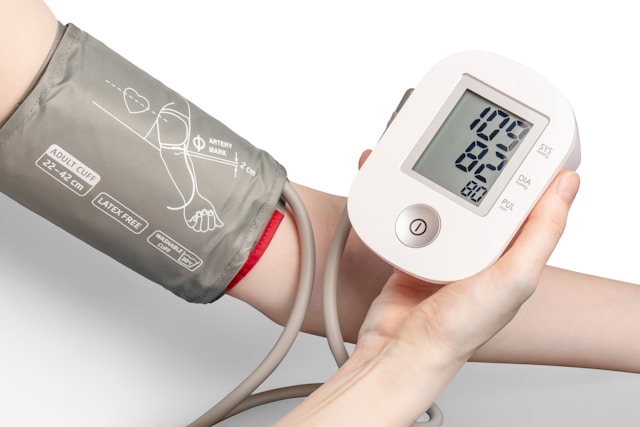Did you know that nearly half of all adults in the U.S. have high blood pressure? What’s more surprising is that only about one in four of those people have it under control. The Centers for Disease Control and Prevention shared these numbers, and they’re pretty worrying.
Dr. Rishi K. Wadhera thinks this is a big problem that’s not getting enough attention. He’s a doctor at Harvard Medical School and did some research that found fewer people are getting checked for high blood pressure now than before the COVID-19 pandemic hit.
Having high blood pressure isn’t good because it can lead to serious stuff like heart attacks and strokes. The tricky part? Most of the time, there are no clear signs, which means many people might not even know they have it.
Dr. Wadhera is concerned that too many people are overlooking this issue.
So, let’s dive into what you need to know about high blood pressure and how you can keep it in check.
What Is Blood Pressure? And What’s a Normal Level?
Imagine your heart is like a pump and your arteries are like pipes. Blood pressure is how hard your blood pushes against the walls of those pipes. Doctors measure it with two numbers. The first number, called systolic pressure, is the pressure when your heart beats. The second number, called diastolic pressure, is the pressure when your heart rests between beats. They measure this in something called millimeters of mercury, or mm Hg for short.
Dr. Jim Liu, who knows a lot about hearts, says you can get your blood pressure checked by a doctor, at a pharmacy, or even at home with a special tool.
A normal blood pressure is lower than 120/80 mm Hg. If it’s 130/80 mm Hg or higher, that’s considered high blood pressure.
If your blood pressure gets really high, you might have bad headaches, chest pain, or feel dizzy. But for a lot of people, blood pressure goes up so slowly that they don’t notice anything wrong.
Want to know more? Check out the full article here.

